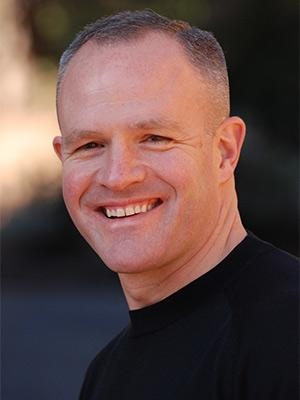
Date:
Location:
Speaker:
ABSTRACT:
The richness and versatility of biological systems make them ideally suited to solve some of the world’s most significant challenges, such as converting cheap, renewable resources into energy-rich molecules; producing high-quality, inexpensive drugs to fight disease; and remediating polluted sites. Over the years, significant strides have been made in engineering microorganisms to produce fuels, bulk chemicals, and valuable drugs from inexpensive starting materials; to detect and degrade nerve agents as well as less toxic organic pollutants; and to accumulate metals and reduce radionuclides. The components needed to engineer the chemistry inside a microbial cell are significantly different from those commonly used to overproduce pharmaceutical proteins. Synthetic biology has had and will continue to have a significant impact on the development of these components to engineer cellular metabolism and microbial chassis to host the chemistry. The ready availability of more well-characterized gene expression components and hosts for chemical synthesis, standards for the connection of these components to make larger functioning devices, computer-aided design software, and debugging tools for biological designs will decrease both the time and the support needed to construct these designs. Some of the most important tools for engineering bacterial metabolism and their use for production of the antimalarial drug artemisinin are reviewed.
BIO:
Jay Keasling is the Hubbard Howe Jr. Distinguished Professor of Biochemical Engineering at the University of California, Berkeley in the Departments of Bioengineering and Chemical and Biomolecular Engineering, Senior Faculty Scientist at Lawrence Berkeley National Laboratory, and Chief Executive Officer of the Joint BioEnergy Institute (JBEI). Dr. Keasling’s research focuses on the metabolic engineering of microorganisms for degradation of environmental contaminants or for environmentally friendly synthesis of drugs, chemicals, and fuels. Keasling received a B.S. in Chemistry and Biology from the University of Nebraska and M.S. and Ph.D. in Chemical Engineering from the University of Michigan, and did post-doctoral research in biochemistry at Stanford University. He is a member of the National Academy of Engineering and the National Academy of Inventors.



